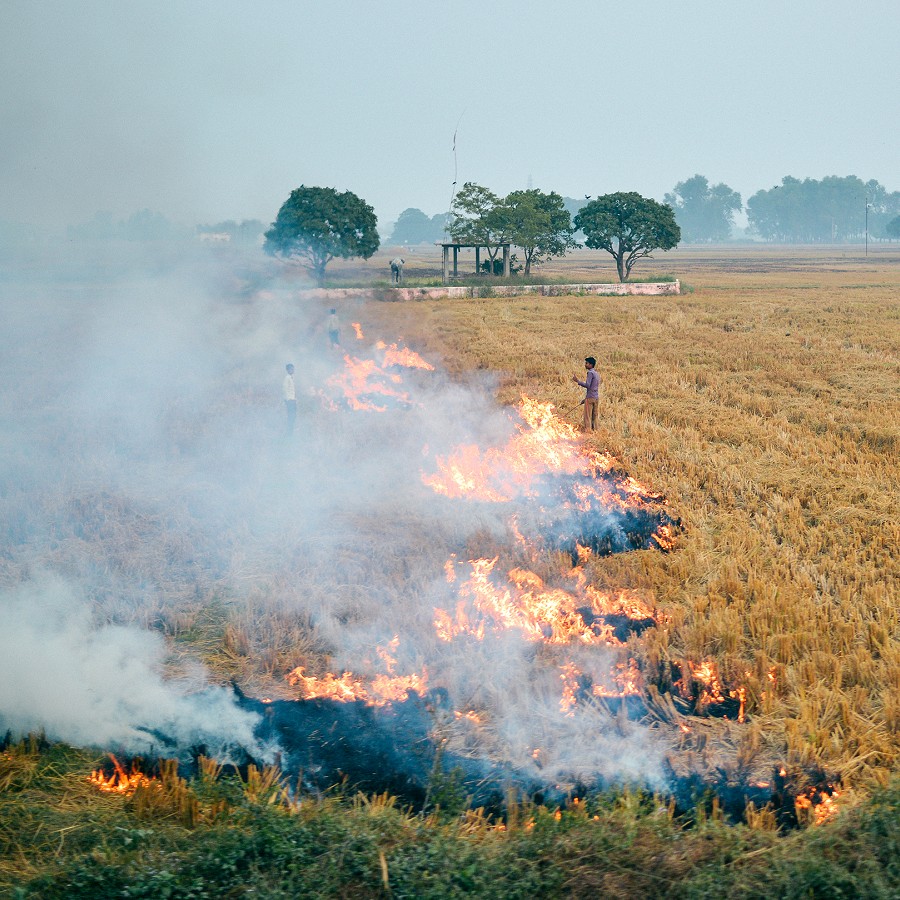2020: Bending Agricultural Burning Trajectories in Eastern India
Every fall, open agricultural burning of rice crop residues in northwest India contributes to air pollution spikes with significant public health consequences. In eastern India, crop residue burning is less common, but it has doubled in the last decade. If these trends continue, catastrophic levels of seasonal air pollution will extend across the most densely settled and impoverished parts of the region. Researchers will combine Earth observation data with ground surveys to develop predictors of future patterns of burning and simulate potential impacts on soil, crop productivity, and air quality. The researchers will engage with regional partners to identify drivers of change and develop an evidence-based policy roadmap to bend current trajectories towards enhanced agricultural sustainability and public health.
[This project received an Innovation for Impact Fund AVF supplement.]
Investigators: Andrew McDonald, Peter Hess, Natalie Mahowald, Prabhu Pingali
